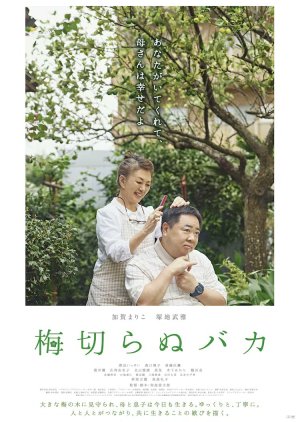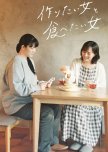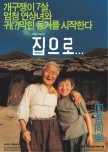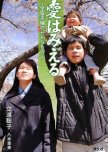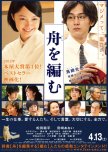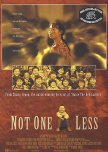
Acceptance of difference and problems caused by those quick to judge
Cho-san has both learning disabilities and autism, needs his routines and works in a supported facility. He also has a great mum and difficult neighbours.Every bit of this rings true with my experience working and volunteering with people with learning disabilities, including the complicated decisions aging parents make to ensure their sons and daughters are settled.
Please don't watch this to be heart-warmed. Please watch this to better understand a bit more of the extra difficulties so unnecessarily created by those who see difference and look for reasons to condemn.
(The tags currently include mental illness. There is no mental illness depicted in this film. The distress felt by Cho-san and some of the housemates when confronted by loud noises, angry neighbours or disruption to their routine is part of their learning disabilities, not mental illness. These are distinct things.)
Was this review helpful to you?

It's never sentimental about it; there's no pathos at all. It just shows the people as the are. It also never tries to explain what people are thinking or feeling, why they act the way they do -- which is especially exceptional for Chu-san. I can imagine that a lesser film would try to explain him to the "normal" people (i.e. the ausidence), either directly or through the mouth of a character.
This film does neither. It shows us how Chu-san lives his life, what is important to him and where he clashes with the world, who shows no sympathy for him at all; with the exception of the son of the neighbour family.
Following the way the story is told -- unsentimental, but with great sympathy -- the acting and editing stays natural and even understated throughout.
If you can watch this film, then I recommend you to do so!
Was this review helpful to you?

